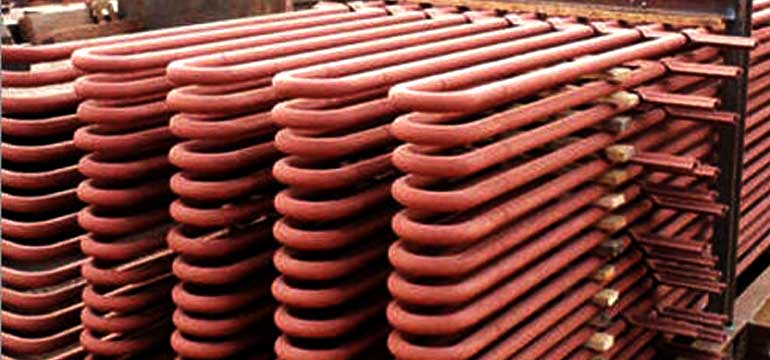
How to Choose the Right Size Boiler Coils?
When it comes to choosing the right size boiler coils, there are a few things to keep in mind. First, it’s important to determine the size of the water heater you have. Second, make sure that the coils you choose can handle the wattage required by your unit. And finally, be sure to match the wattage of your coils with the wattage of your heating element. Below are some tips on how to choose the right size boiler coils:
To determine the size of the water heater you have, first, measure its exterior dimensions. Then multiply those measurements by 1.5 (to account for any insulation). This will give you an estimate of how many pounds per square inch your coil will require.
Next, make sure that the coils you choose can handle the wattage required by your unit.
How Coils Work and What They’re Used For
boilers are complex machines that use coils to turn steam into mechanical work. When water is heated, it turns into steam. The steam can push a piston in a cylinder, turning the machine that uses it. Boilers need coils to convert the energy from the steam into mechanical work.
How to Replace or Repair a Coil on Your Boiler
Boiler coils are one of the most common parts that need to be replaced or repaired on a boiler. If your boiler doesn’t have any heat, or if there is an issue with the coil, it is important to take care of it as soon as possible. Here are some tips on how to replace or repair a coil on your boiler:
1. Check the fuse box for any blown fuses. If there are no blown fuses, then you can try to reset the breaker box.
2. Try turning off all of the water valves in the house and checking for leaks around the boiler’s containment unit and water lines.
3. Remove the cover plate over the coil and unscrew all of the bolts that hold it down (4 total).
Tips for Installing and Using Boiler Coils
Boiler coils are an important component of any boiler system. They help to keep your water hot while providing energy to the furnace. Here are some tips for installing and using boiler coils:
1. Check the manufacturer’s instructions for specific coil installation instructions.
2. Make sure the coil is properly secured to the boiler system. This can be done with bolts or nails.
3. Check the coil regularly for wear and tear, and replace it as needed.
4. Make sure that you have enough heat in your home by checking your thermostat settings and/or turning up your furnace temperature accordingly.
5. If you experience any problems with your coil, don’t hesitate to call a professional technician!
The Advantages and Disadvantages of Boiler Coils
Boiler coils are a popular choice for heating water and steam, as they provide efficient and reliable heat output. However, there are some key advantages and disadvantages to using coils over other heating methods.
Advantages of Boiler Coils:
-Boiler coils offer an efficient and reliable heat output, which is particularly important in larger buildings where space is at a premium.
-They can be used in either central or individual heating systems, making them versatile options.
-The lack of moving parts makes coil installation simpler than other types of heating systems, making them an easier option for users who are not experienced in the plumbing industry.
Disadvantages of Boiler Coils:
-Coil installations can be more expensive than other heating methods due to the extra piping required.


